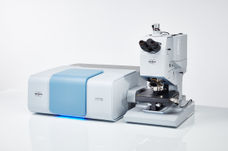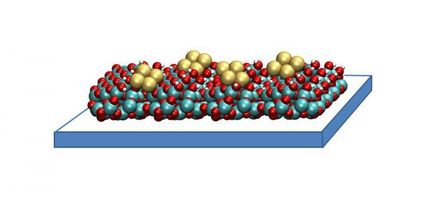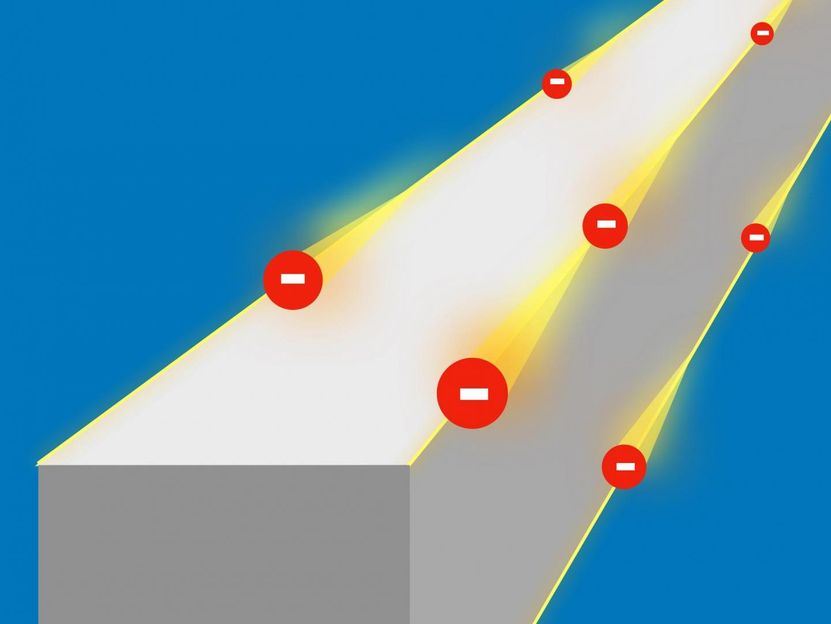Scientists to produce suberabsorbents from CO2
CaRLa research lab and hte AG are to cooperate with academic partners on a publicly funded Ministry of Education and Research (BMBF) project
The Federal Ministry of education and Research (BMBF) has pledged €2.2 million in funds for a project by the BASF-supported Catalysis Research Laboratory (CaRLa) and hte AG, a company in which BASF has a majority interest. The goal of the project, which takes place with the cooperation of research scientists at Technische Universitaet Muenchen (TUM) and the University of Stuttgart, is to make economical and ecological use of carbon dioxide (CO2) on an industrial scale – through the production of sodium acrylate based on CO2 and ethene. Sodium acrylate is a key basic ingredient for highperformance polymers like the superabsorbent polymers used in diapers. BASF and hte have earmarked another €1.7 million for the project in the coming few years to top up the BMBF funding. "We are delighted to have secured BMBF funding," said Dr. Michael Limbach, overall coordinator of the project and project manager at BASF. "It enables the search for optimum catalysts and process conditions for this as yet unknown reaction to continue on a team with leading global specialists." To help achieve that goal, research scientists at the Heidelberg-based CaRLa, the lab held jointly by BASF and the University of Heidelberg, and at hte are developing special homogeneous and heterogeneous catalysts that function in a mild reaction environment. The research partners are also seeking ways to separate the catalyst at the end of the reaction to enable its subsequent re-use. The research scientists are supported in their search by hte's state of the art high throughput screening methods. "Our technology platform ideally equips us to generate information rapidly and on a broad basis," said Dr. Stephan Schunk, hte project manager. "The parallel testing method developed by us is a fast way of identifying promising candidates.“ This timesaving and effective method has also netted hte a nomination for this year's German Future Prize.
Topics
Organizations
Other news from the department science
These products might interest you

Eclipse by Wyatt Technology
FFF-MALS system for separation and characterization of macromolecules and nanoparticles
The latest and most innovative FFF system designed for highest usability, robustness and data quality

HYPERION II by Bruker
FT-IR and IR laser imaging (QCL) microscope for research and development
Analyze macroscopic samples with microscopic resolution (5 µm) in seconds

Get the chemical industry in your inbox
By submitting this form you agree that LUMITOS AG will send you the newsletter(s) selected above by email. Your data will not be passed on to third parties. Your data will be stored and processed in accordance with our data protection regulations. LUMITOS may contact you by email for the purpose of advertising or market and opinion surveys. You can revoke your consent at any time without giving reasons to LUMITOS AG, Ernst-Augustin-Str. 2, 12489 Berlin, Germany or by e-mail at revoke@lumitos.com with effect for the future. In addition, each email contains a link to unsubscribe from the corresponding newsletter.




























































